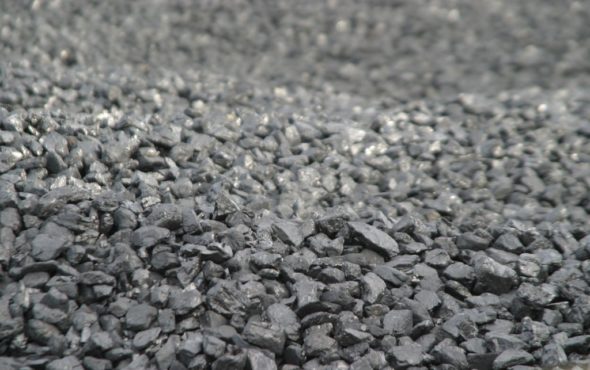Australia is „deeply troubled” by the Chinese restrictions on coal imports. The tensions between the two countries are now impacting the fossil fuel – Karolina Baca-Pogorzelska, contributor to BiznesAlert.pl, writes.
Last Tuesday, Australia’s Trade Minister Simon Birmingham announced he was deeply troubled about the news reports from the Chinese state media, that Beijing had imposed a ban on importing certain kinds of coal from Australia. The state-owned „Global Times” informed last weekend that China’s National Development and Reform Commission allowed power plants to purchase coal abroad without any restrictions – apart from Australia.
In an interview for Australia’s Radio National, Birmingham stated that if the reports were true, they „would indicate discriminatory trade practices being deployed by Chinese authorities.” In the past China has both banned and imposed tariffs on a number of other Australian export commodities. This was because Australia wanted an independent investigation into the origin of the COVID-19 virus. China perceived Australia’s plea, which was repeated by PM Scott Morrison during the September UN Assembly, as a kind of a declaration of war. The Chinese ambassador in Canberra gave an interview in which which he threatened China would boycott Australia’s consumer products and its students would snub Australian universities. „Tariffs on barely were increased by 80 percent and a ban on importing meat from four Australian abattoirs was introduced,” wnp.pl cited the Boym Institute’s reporting. Further penalties were only a matter of time. Beijing decided to impose restrictions on, among others, copper, wine, timber, lobsters and coal.
CNN informed that when asked about the recent news reports, China’s Ministry of Foreign Affairs replied it forwarded questions to „the relevant authorities”. The ministry’s spokesman Wang Wenbin did admit that „the Chinese authorities have recently taken measures against some imported Australian products in accordance with law and regulations.”
Whereas last Tuesday Australia’s PM Scott Morrison told Australian journalists that the government was waiting for clarification and has not yet received any information from the Chinese administration. He stated China’s decision to block Australian coal was a bad message for trade between the two countries – Australia exports AUD 4 bn worth of thermal coal a year to China (USD 3 bn).
A few weeks ago the Australian media reported that vessels loaded with coal worth hundreds of millions of dollars were anchored off Chinese ports and could not get in, because Beijing tried to exert informal pressure on Australia’s coal industry.
The shareholders who invested in Australia’s largest coal companies are concerned. On Tuesday the stocks of Coronado Global and Yancoal Australia dropped by over 8 percent on the exchange market in Sydney. Wheras Whitehaven Coal’s stocks dropped by almost 6 percent on the same day.
According to analysts from ANZ Research, the Chinese reports confirm what has been assumed since the news on limiting Australian coal imports had surfaced back in October. However, they experts also stated that the Australian exporters found new buyers in South Korea, Vietnam and Japan. „Therefore, thermal coal export from Australia is doing well, despite the Chinese ban,” they summed up. The experts don’t believe that, considering the demand on the Chinese steel market, the Chinese will also block Australia’s coking coal, which is used for steel production.
In 2019 Australia’s coal mines extracted 270 m tons of thermal coal (in 2018 it was 267 m tons) and 187 m tons of coking coal (184 in 2018). Geoscience Australia (an organization that does research in earth sciences in the public sector) published data, which says that 13-15 percent of Australian coal remains in the country and the rest is exported. New mines are being opened in the country. The most talked-about investment is the Carmichael mine, which is to be opened next year and provide coal to India. According to Forbes, the facility is worth USD 2 bn, and environmentalists protested against its opening, but the Adani group from India prevailed. In 2021 the first deliveries of coal will arrive to India, initially the mine will export 10 m tons of coal a year.









